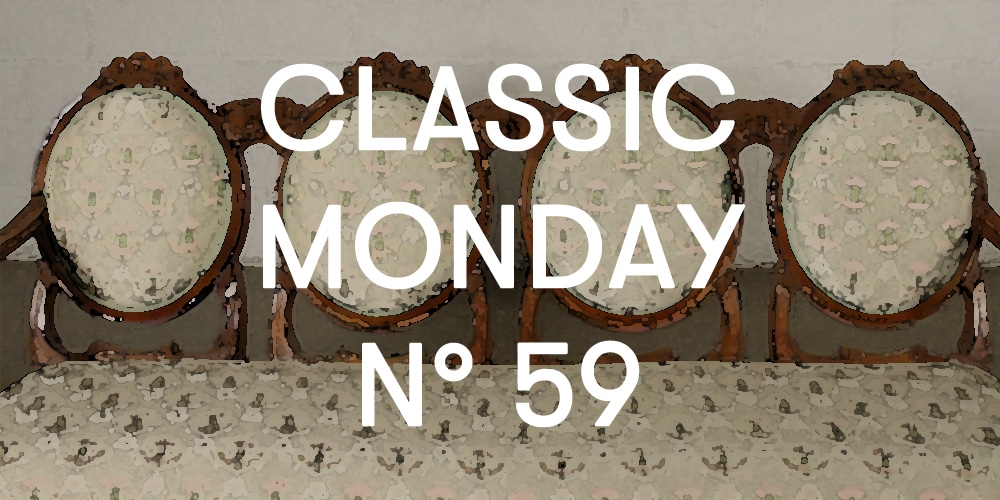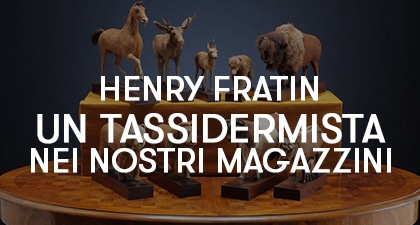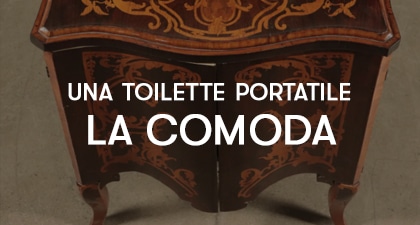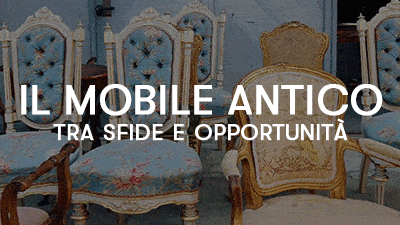
The protagonist of our Classic Monday today is an interesting and characteristic sofa from the neoclassical Emilian.

Already on other occasions we have presented furnishings characterized by a certain mixture of styles, in which it is the most chronologically advanced detail that allows the exact dating of antique furnishings. In this case it is in fact a sofa that stands out for being a curious transition between the ancient baroque and the subsequent Emilian neoclassicism.
The legs are wavy and ending in curly feet, as well as the rocaille carving is presented in the upper band and is also proposed on the cimasina of the medallions that make up the backrest, they are an expression of the ancient taste of the baroque.
But there are other clues that allow us to advance the date of realization of this particular Emilian sofa. The subdivision of the backrest, no longer unique but medallions, is in fact a first indication of the neoclassical influence, which was establishing itself in the second half of the eighteenth century.
Just as, typically neoclassical, is the knot of love, the ribbon styled bow so appreciated by this stylistic current. In our sofa he finds himself curiously next to the rocaille, in the lower band.
Absolutely characteristic of the furniture in question, however, are the grotesque masks carved in walnut. They are placed between one medallion and the other of the backrest, to decorate the junction bands, but also on the sockets of the armrests.
Here in particular they are depicted with physiognomies, precisely, grotesque; The pronounced nose, the lips that are protruding and the marked cheekbones that create absolutely curious faces. Moreover, the tradition of grotesque masks was well rooted in the historical-artistic tradition, much presented in the wall paintings of the palaces, in paintings or sculptures. Decorative function of faces that, due to their strong characterization, generated curiosity and a certain mysterious charm that still arouses some interest.











